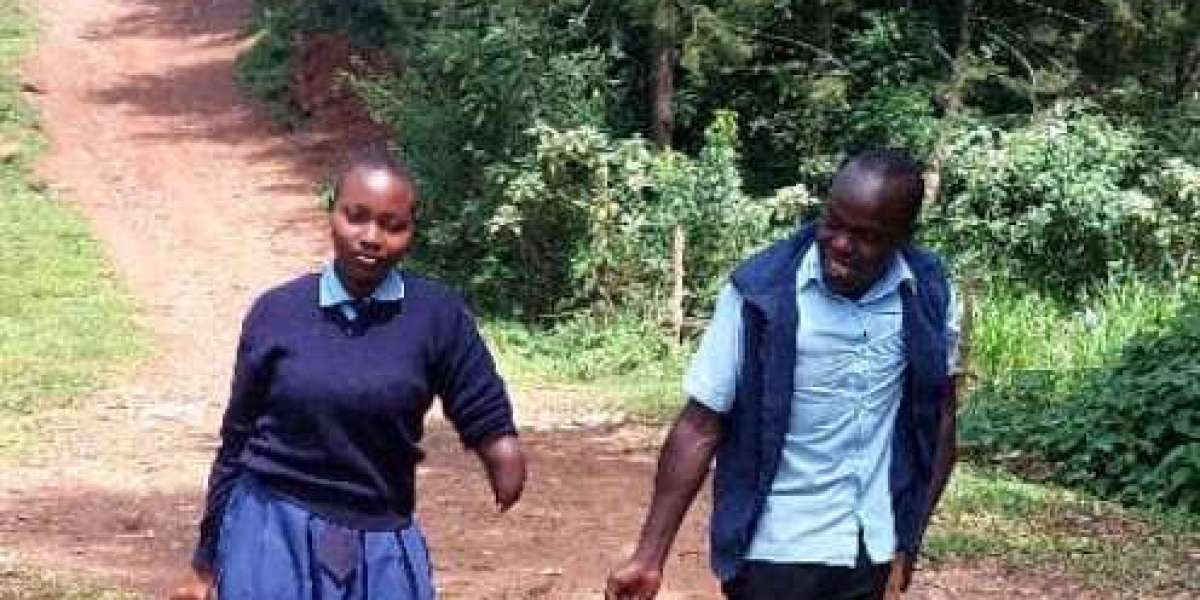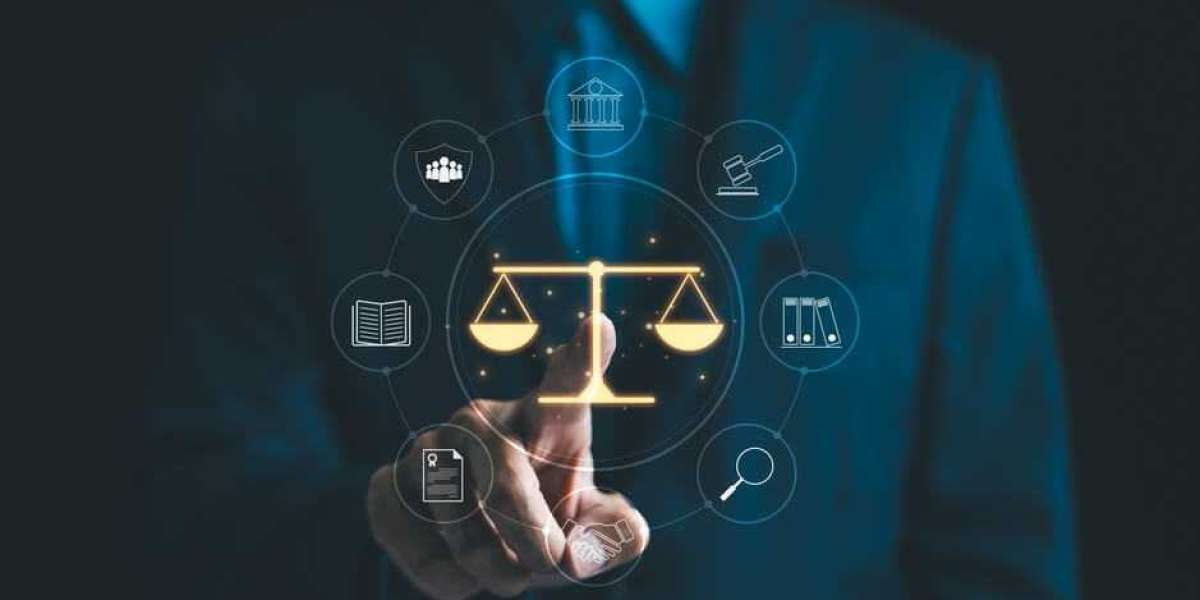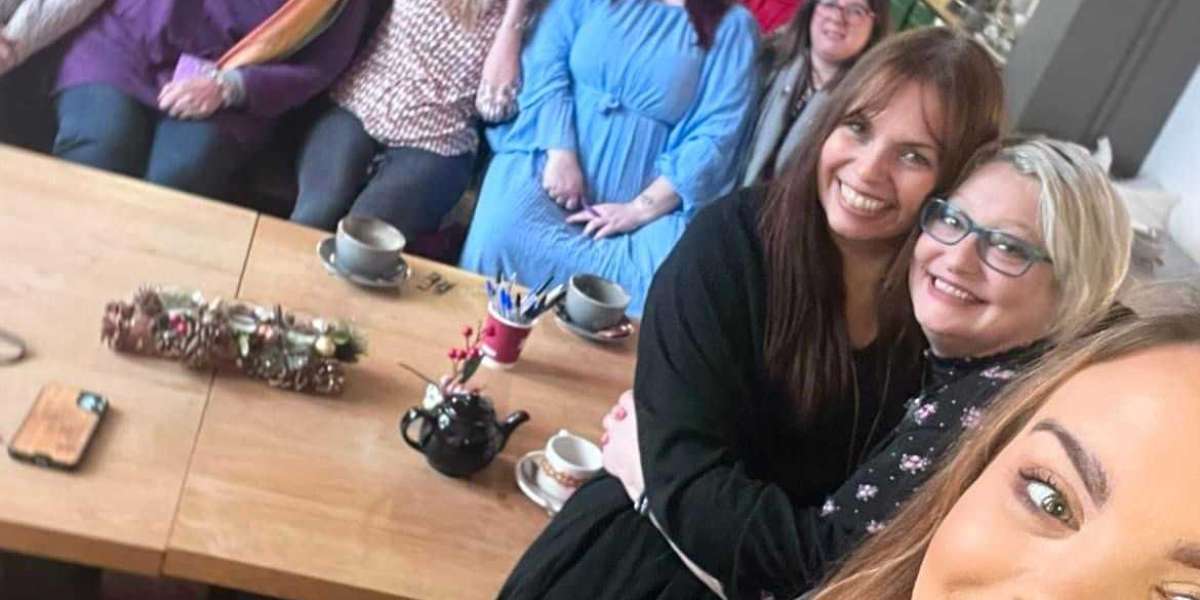Supporting Physically Impaired Learners in Kenya
Access to clean water is a fundamental human right, yet for many people in rural Kenya, this remains a distant reality. The lack of adequate water infrastructure has far-reaching effects, particularly on schools for learners with physical impairments. Our water projects in Kenya aim to bring life-changing rainwater harvesting systems to these schools, by doing so we ensure that children with disabilities have access to safe drinking water and an improved quality of life. A good example is Charera Special School, which provides education and care to physically impaired learners. This school, like many others, faces significant challenges that hinder the full participation of children with disabilities in society.
Struggles of Physically Impaired Learners in Developing Countries
Children with disabilities in developing countries face a unique set of challenges that extend far beyond their physical impairments. In Kenya, these challenges manifest in various forms, such as discrimination, abuse, abandonment, and concealment. Many families are forced to keep their children hidden from society due to the deep-rooted stigma surrounding disability. As a result, these children often miss out on critical opportunities for education, socialization, and personal development.
Discrimination is the main issue. Many children with disabilities are not given the same opportunities as their peers due to societal beliefs that they are incapable of learning or contributing meaningfully to society. This discrimination is often institutionalized, with inadequate access to education and infrastructure that is not designed to accommodate the needs of physically impaired learners.
Barriers to Full Participation in Society
The barriers that children with disabilities face in Kenya are varied and pervasive. These include:
Infrastructure: Many schools in rural areas, including those for physically impaired learners, lack accessible infrastructure such as ramps, wheelchair-friendly restrooms, and specialized classrooms. Without these facilities, children with disabilities struggle to navigate their learning environments, further isolating them from their peers and educational opportunities.
Education: Access to education remains a significant challenge for children with disabilities. Many schools are not equipped with specialized teachers or resources to cater to their unique needs. In special schools like Charera, the lack of clean water and proper sanitation facilities adds an extra layer of difficulty, as these children are more vulnerable to health risks. Poor hygiene due to a lack of clean water.
Communication Barriers: Children with hearing or speech impairments often face communication challenges, which hinder their ability to interact with teachers, classmates, and the broader community. In many cases, schools lack the resources to provide sign language interpreters or other communication aids, further limiting these children’s ability to engage and participate.
Social Programs and Stigma: Social stigma surrounding disability in Kenya often leads to marginalization. Children with disabilities are frequently excluded from social programs and recreational activities that are vital for their personal and social development. The stigma associated with disability also affects their mental health, contributing to feelings of isolation and low self-worth.
Unemployment and Illiteracy: The lack of accessible education and vocational training programs for children with disabilities means that they often transition into adulthood without the skills needed for employment. High levels of unemployment among people with disabilities in Kenya contribute to poverty and social exclusion, reinforcing the cycle of marginalization.
Role of Clean Water in Empowering Physically Impaired Learners
At Hopefull Handbags Global, we recognize the importance of addressing these challenges and creating a more inclusive environment for learners with disabilities. Our water projects aim to provide a critical resource—clean water—that can improve the lives of physically impaired children in rural schools.
By installing rainwater harvesting tanks in schools like Charera Special School, we ensure that students have consistent access to clean drinking water, improving their overall health and well-being. Clean water reduces the risk of waterborne diseases, which disproportionately affect children with disabilities. With access to clean water, these learners can attend school regularly, focus on their studies, and participate more fully in the school community.
Breaking Down Barriers with Water
Clean water is the foundation for many other aspects of development. By addressing the water needs of special schools, we are helping to remove some of the physical and health-related barriers that prevent children with disabilities from accessing education. The availability of clean water also supports better hygiene practices, which are essential for maintaining the dignity and self-esteem of physically impaired learners.
Our water projects are just the beginning of the broader change needed to create an inclusive and supportive environment for physically impaired learners in Kenya. By focusing on the provision of clean water, we are laying the foundation for other interventions that can help break down the barriers of discrimination, stigma, and isolation.
With the continued support of our donors and partners, we will expand our efforts to bring clean water to more special schools across Kenya. Together, we can ensure that children with disabilities have the opportunity to lead healthier, more fulfilling lives, and participate fully in society.
This project is made possible through the generosity of donors and well-wishers who are committed to making a difference in the lives of children with disabilities. Together, we are building a future where every child, regardless of their physical abilities, has access to education, clean water, and the chance to thrive.
If you would like to support this live changing project, please consider donating at Hopefull Handbags Water Projects. Your generosity will bring clean water and new hope to schools like Charera Special School.








